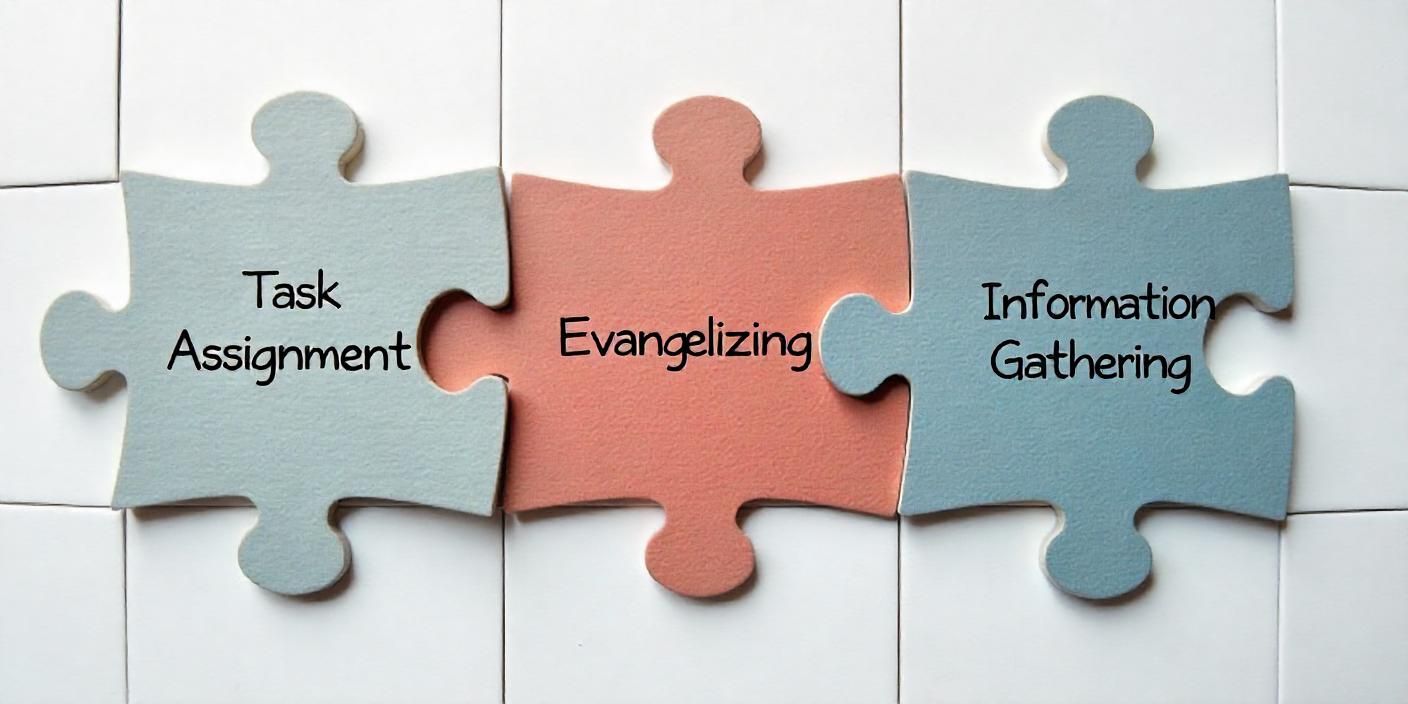
Having a Compliance Ambassadors program seems like a great idea. They can solve all your problems. Can’t get more human resources? Struggling to get buy-in for the program? Having trouble finding out what’s happening on the ground? Compliance Ambassadors are the answer!
Unfortunately, many Compliance Ambassador programs fail. Starting a Compliance Ambassador group is relatively easy. Making it effective is hard.
This is the first of a two-part series on making Compliance Ambassador programs successful. In this part, we describe how to assign tasks and structure the program for success. In part two, we discuss how to incentivize Compliance Ambassadors to make sure they’re happy in their role (spoiler alter – it’s not just cash!). We’ll also dive into additional resources you can use to make your program thrive.
DOJ Endorsement
The DOJ effectively endorsed Compliance Ambassadors in its Evaluation of Corporate Compliance Program guidance when it wrote, “Prosecutors should examine whether a company has made working on compliance a means of career advancement, offered opportunities for managers and employees to serve as a compliance ‘champion’…”
The DOJ’s guidance is drafted as questions, but the questions include the answers (or expectations). Compliance Ambassadors (aka Champions) are de facto endorsed by the regulator, which makes them an exciting addition to your program.
Why Compliance Ambassador Programs Fail
Compliance Ambassadors’ programs regularly fail for a number of reasons. A major reason they fail is because the compliance officer in charge doesn’t know how to use them effectively. Meetings become few and far between, and when they happen, they aren’t of value for the Compliance Ambassadors.
If people don’t actively choose to be Compliance Ambassadors and there isn’t anything for them to do, they’ll lose interest and not attend meetings. The program with wither and fail.
Compliance Ambassador programs also fail when sessions become a time for the compliance team to list off their activities. Newsflash – the Compliance Ambassadors don’t care if you released the new antitrust policy or attained 95% training completion. They care if they have contributed to the success of the launch of the new antitrust policy or training completion.
How to Succeed
Compliance Ambassador programs thrive when expectations for the Ambassadors are clear, and they have specific roles to fill.
We at Spark Compliance, a Diligent brand, have been helping to set up Compliance Ambassador programs for nearly a decade. The best programs provide a combination of (1) task assignment, (2) evangelizing, and (3) intelligence gathering. Let’s look at each in turn.
1. Task Assignment
As noted above, it is important to assign Compliance Ambassadors specific tasks. To that end, you can ask them to do some of the following.
- Introduce the Compliance Officers/team at major meetings and giving the team member time to address the audience, even if it is only a short amount of time. Have them stand nearby to demonstrate support.
- Join working groups for major new initiatives, such as a redraft of the Code of Conduct.
- Ask them to assist in investigations as appropriate and to discuss disciplinary offenses with their teams to prove that the business cares about non-compliant activity.
- Request that they review translations of policies, procedures, communications, infographics, and training to ensure the translations are accurate and understandable.

2. Evangelizing
Let’s face it, Compliance doesn’t always have the best reputation among the rank-and-file workers at our companies. People tend to listen to their peers much more than corporate communications, so using your Compliance Ambassadors to pass on their enthusiasm for the program and its initiatives can be a great way to get free PR. You can do this in the following ways.
- Provide them with a toolkit (videos, talking points, infographics, scenarios) with a request to spend ten minutes at their management meetings twice each year using one of the tools.
- Request that they record videos for Compliance and Ethics Week/Day or to embed into internal social media posts or other communications.
- Request that they take training on the first day it is assigned, then tell their teams that they completed it to encourage their team members to focus on it.
- Create internal social media posts/videos for their business unit or geography updating employees on aspects of the program, including (1) policy and procedure rollout or updates, (2) training being assigned, (3) surveys (e.g., ethical culture or pulse surveys), (4) new initiatives like the Code of Conduct roll-out, and (5) messages on compliance-related risks specific to their business unit.
- Ask that they weigh in on major changes to the program, including updates to the Code of Conduct or the introduction of major training initiatives. Use the Ambassadors as a focus group to evaluate and provide feedback to make initiatives better prior to roll-out.
- Ask the Ambassador to send information, such as an infographic, to people in their organizations relating to topics covered in the compliance program. For instance, if your program covers data privacy, use the Ambassador to spread the word about the importance of understanding personal data and reporting suspected data incidents. The Ambassador could also send an email with links or information about the data privacy impact assessment (DPIA) process.
3. Information Gathering
- Ask Ambassadors to review the outcome of risk assessments to validate conclusions. They can provide input on the action plans and mitigating activities chosen.
- Request that the Compliance Ambassadors be the eyes and ears for their business unit or geography. Ask them to read the policies so they can answer basic compliance-related questions or aid people in finding the answers to their questions. Ask them specifically to identify any potentially non-compliant behaviors and to proactively share that information with the Compliance department.
- Ask them to survey their business unit or geography (formally or informally) to find out people’s biggest concerns and questions. Hold a meeting for the Ambassadors to discuss and compare these. Use the information to identify places for improvement in the Compliance program.
Note that you don’t have to do all of these activities. In fact, you shouldn’t! If you did, the Compliance Ambassadors would have a full-time job in addition to their full-time jobs. Be judicious in your choices of their activities.
Stay tuned for Part II of this series on making your Compliance Ambassadors program successful.
Do you want specialized advice on starting a Compliance Ambassadors program? Contact me at kgranthart@sparkcompliance.com.